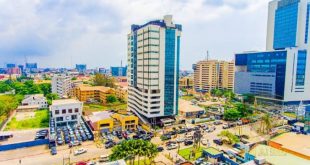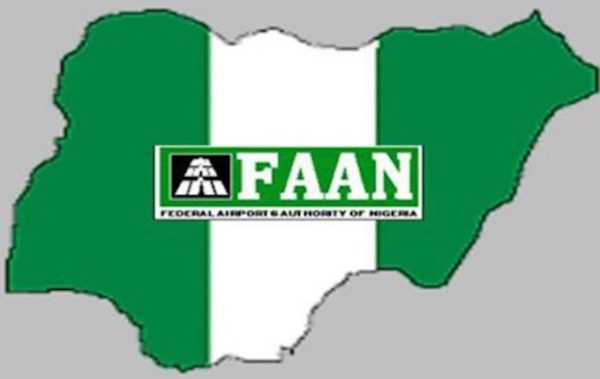Next to sound judgment, diamonds and pearls are the rarest things in the world – Jean de la Bruyere
This apt saying underscores the fact that sound judgments are priceless, but in Nigeria many judgments are hampered even before they begin.
There are several factors that negate the expeditious determination of cases in Nigerian courts today. While some people will blame the lawyers, others will say blame the judges and some say blame both parties.

The maritime sector has suffered massively as a result of the delay in administering justice at Nigerian courts and the damage done to businesses and vessels arrested are sometimes irreparable.
Sometimes, the judge is ready to sit, the lawyers are ready to proceed and their witnesses are in court, but because Power Holdings has disconnected power and the stand-by generators of the court are down or perhaps there is no diesel due to lack of funds and the court room is too hot, the case will be adjourned.

At other times, the judge could be ready, the lawyers are ready but the witnesses are not in court, so the case cannot proceed. Other factors like the judge falling sick, having a congested list or the court registrars going on strike could also impede the court process.

However, maritime cases involve enormous resources and it also requires knowledgeable judges who are properly trained in the field in order to handle the cases properly. In Nigeria today, while some judges are knowledgeable on maritime law while several others actually learn on the job.
These challenges coupled with the capital intensive nature of maritime cases have led several stakeholders to call for specialized maritime courts as maritime cases suffer from the longevity of the judgment as well as the judges’ peripheral knowledge of the sector.
Specialized maritime courts are tribunals focused on the maritime jurisdiction and they allow lawyers and judges to focus solely on their legal specialties, making cases more efficient. These specialized courts also relieve pressure on general courts by removing cases that may be time-consuming.
Maritime courts can help to ensure that victims have contact with those in the system including judicial officers, lawyers, prosecutors, police and family dispute practitioners with a better understanding of the nature, features and dynamics of the practice.
The major impediment to the establishment maritime courts in Nigeria could be the revenue because it has to be funded. The rhetorical question is- does the government have the resources? If it doesn’t then the government could ensure that within the present court system, maritime divisions are created and specific maritime judges are assigned to ensure that cases are dealt with speedily.
 MMS PLUS NG – Maritime, Aviation, Business, Oil and Gas News Online Newspaper with coverage in Maritime, Oil and Gas, Aviation, Power and Energy as well as Financial News
MMS PLUS NG – Maritime, Aviation, Business, Oil and Gas News Online Newspaper with coverage in Maritime, Oil and Gas, Aviation, Power and Energy as well as Financial News










